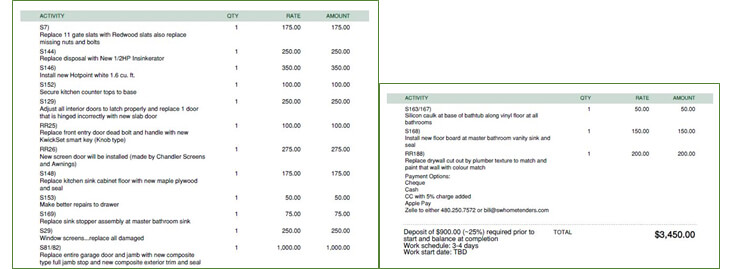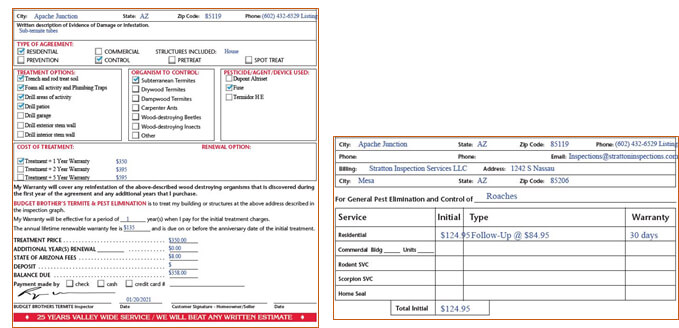Last time we explained how we found “The Perfect Monopoly” house in Apache Junction, made an offer and lost. We came in second. Then we made the offer on a house in Casa Grande that we thought could be “The Perfect Monopoly” house, made an offer and won. But it turned out to be a disaster. We canceled the deal but not before spending $400-$500 on inspection fees. More on those deals later.
Finally, last week we thought we found another “The Perfect Monopoly” house on the same avenue in Apache Junction. We made an offer and made sure we won. How did we do that?
We used an escalation clause:
When should you use an escalation clause?
Should you include an escalation clause in your offer?
For this house on 29th Ave in Apache Junction, all three conditions were met.
- There were multiple offers on this property; 15 to be exact!
- We badly wanted the home because we are losing money by being out of the market and in cash.
- We would be upset because we would be locked in an endless cycle of offering and never winning.
This house definitely called for an escalation clause as part of the strategy. The winning strategy is described in our previous post.
Is this house “The Perfect Monopoly” house?
Almost.
It fails criteria #5. It is not in move-in condition.
- 3 bedroom/2 bath (3bd/2ba)
- Great neighborhood
- Good in-metro area location with excellent freeway access
- Small lot size, minimal landscaping, no swimming pool
- Move in condition
- Low HOA
It has external issues and internal issues. After a thorough house inspection our fix-it guy, Bill, estimated $3,100 in external repairs, $3,450 in internal repairs, $560 total for termite and roach treatment and about $1,000 for the missing refrigerator. That’s about $8,000 to get the house into move in condition.
Exterior repairs and painting:

Interior repairs:

Termite and German Cockroach treatment:

We don’t think it will really be $8,000. We need to review and analyze the bid. Then we decide how to make a counteroffer to the seller to recoup some of the costs. Then we triage the repairs into those that we pay Bill to do, those that we do ourselves and those that don’t really need to be done.
First, we do the triage:
Second, we discuss our strategy to write a counteroffer to the seller:
Next, we will do the repair triage and make the counteroffer to the seller.
